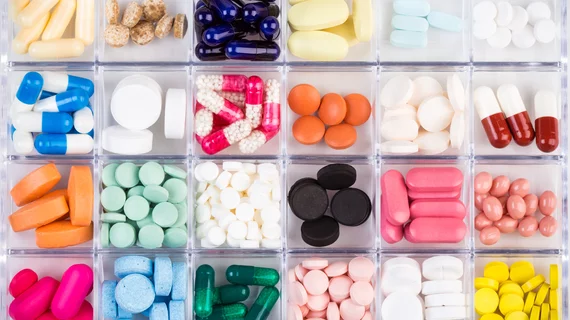Drug prices are soaring in 2019
Despite a major push from the Trump administration over the last few years to lower prescription drug costs, more than 3,400 drugs have seen price hikes during the first half of the year, according to a recent report.
The number of drugs with price hikes is 17% higher than the prior year, with the average price increase of 10.5%––5 times the rate of inflation, according to the analysis, conducted by Rx Savings Solutions and reported by CBS News. During the same six-month period in 2018, about 2,900 drugs had price hikes.
Amazingly, about 41 drugs have increased prices by more than 100%, CBS reported. For example, the cost of Prozac, an antidepressant, jumped a whopping 879%. The price of a topical steroid rose 381%, while a pain reliever jumped 326% and an ADHD treatment rose 118%, according to the report.
The report comes at a time when the Trump administration has been vocal about bringing down drug prices. Recently, HHS finalized a rule to mandate drugmakers to publish the list prices of prescription drugs in TV advertisements.
The findings also come as the price of insulin has sky-rocketed over the last several years, leading Eli Lilly to manufacturer a half-priced version of its insulin medication and lawmakers to question drugmakers about the price hikes.

